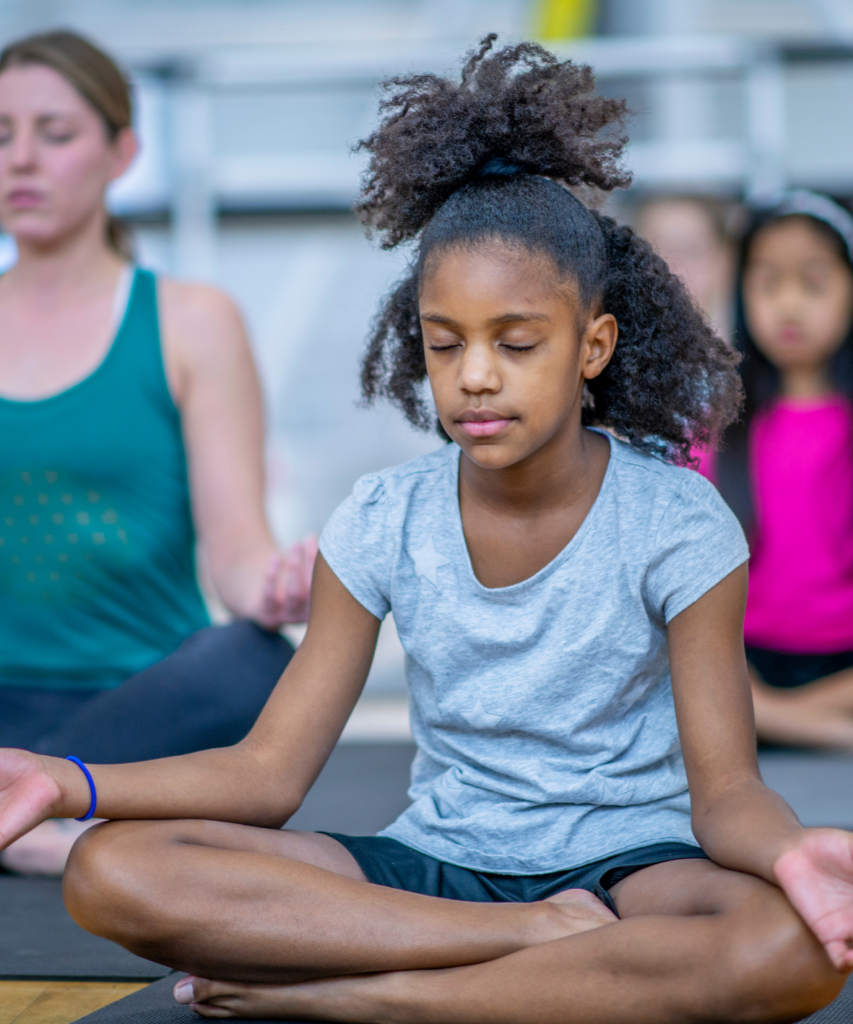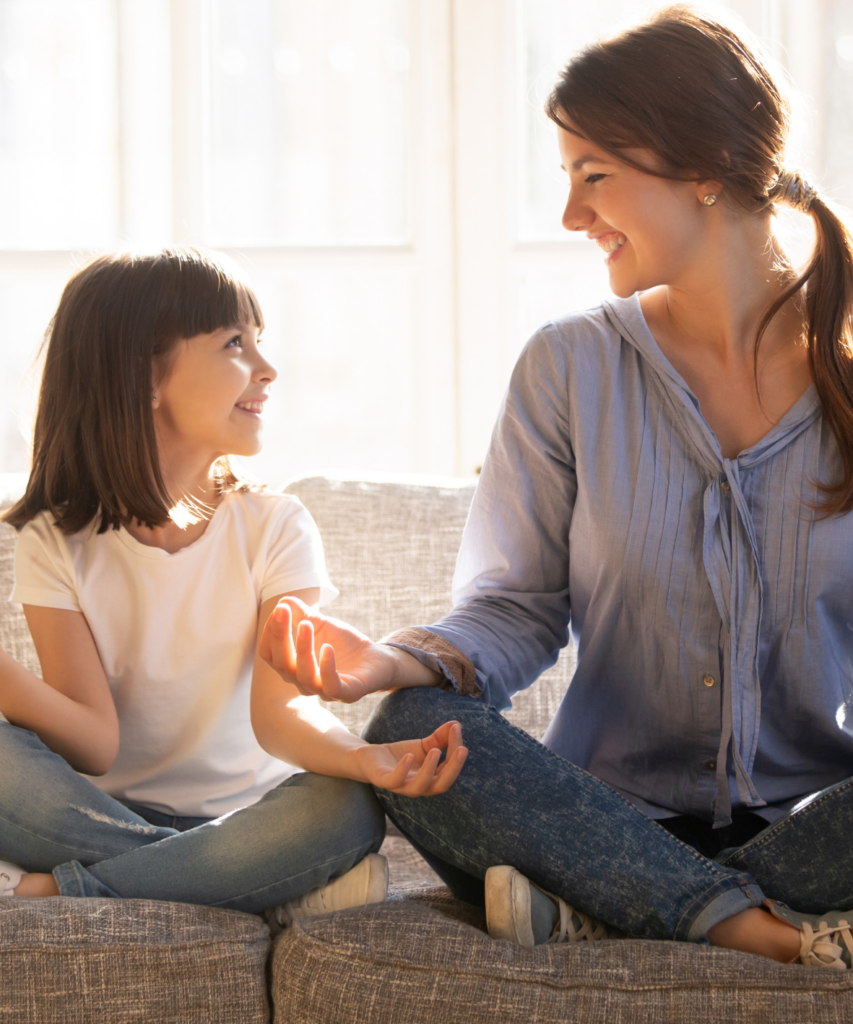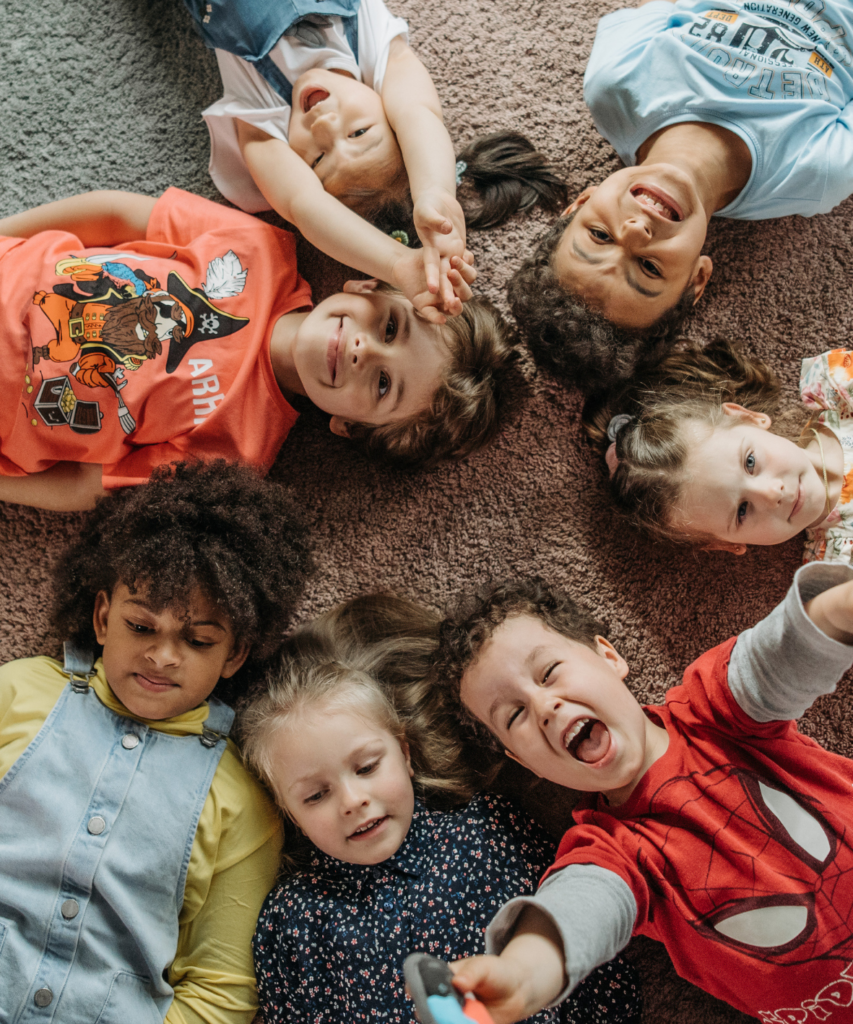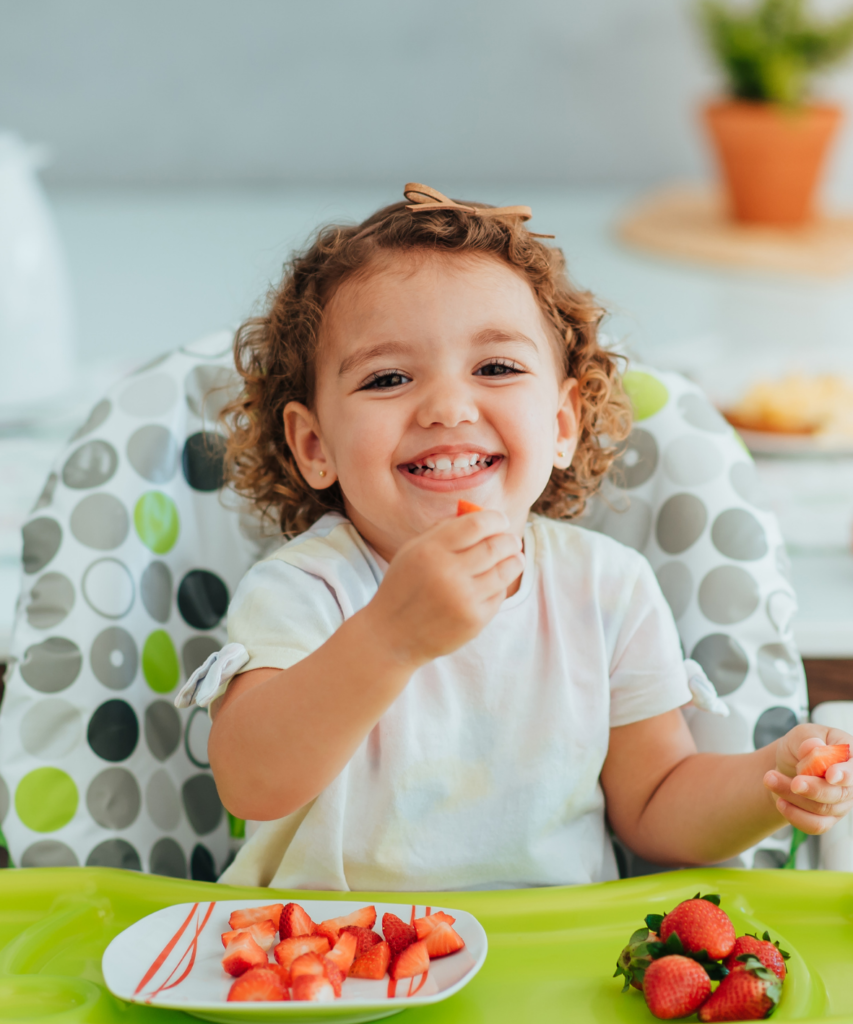Raising Mindful Children: Tips & Tricks
Although “stress” and “anxiety” are terms we often use as adults, worries, fears and distractions occur in everyone’s lives – regardless of our age. Children may in fact be experiencing these same types of “psychological noise” without being able to label it. The “noise” inside a child’s mind can be psychologically dense, and if that noise dominates their behaviour, it can lead to long lasting, undesirable outcomes into their adult years.
In addition to psychological noise, it’s not uncommon for children to experience that feeling of being on autopilot. Many children today can admit to missing an entire conversation with a parent because they were caught up in texting, scrolling, or playing a video game. Furthermore, when the present moment is not ideal for a child, it is expected that they may want to let their mind drift elsewhere.
Mindfulness is a skill that seeks to counter these typical experiences of the mind, by increasing an individual’s awareness of what is going on in the environment, right here, right now, rather than being caught up in a ‘world’ inside the mind. Good news is, children can learn to be mindful, perhaps even more so than adults! Research demonstrates that children who practice mindfulness have reported to experience improved focus and awareness leading to increased performance in school, better problem solving skills, increased levels of inner happiness and satisfaction, as well as lower levels of stress.
So, how can we get started on approaching mindfulness with children? Here are some quick tips to get you started:
Keep it short and sweet

So, we should make the practices short and sweet. Keeping the practice short also makes it feel like a game versus a lesson, which is helpful in gaining childrens’ buy-in. Examples of short mindfulness practices are I Spy or Mindful Seeing.
Make it fun and interesting
Another thing that differentiates children from adults is they tend to prefer more vivid, stimulating stimuli. Think about environments designed for kids; they’re often very bright and stimulating for the senses. Try to make mindfulness an interesting, sensory experience. Mindful eating is a great practice for the entire family to participate in!
Be consistent
As we know with any skill we are trying to develop, and perhaps with our own mindfulness practice, consistency is imperative. Try not to focus so much on the duration of the practice with children and instead focus on consistency. If you can try to practice at least 1 minute of mindfulness with your child a day, you can set a foundation for consistent practice and from there increase the length or complexity of the practice.
Be a role model

Mindfulness is beneficial for everyone; it can help develop resilience and a plethora of skills that will last a lifetime, no matter what your struggles are. Let’s collectively ask ourselves what we want to prioritize being taught to our youngest, most vulnerable population. If emotional dysregulation is pervasive these days, why not lay down a foundation for emotional regulation skills from a young age?
Blog Article by Yenushka Karunaratne
Yenushka has been practicing meditation and mindfulness throughout her life and is a previous student of MBSR and MBSD programming at the CMS. Her passion is to find creative, practical and accessible ways to integrate mindfulness into our everyday lives and ultimately advocate for the prioritization of mental health within our communities.


